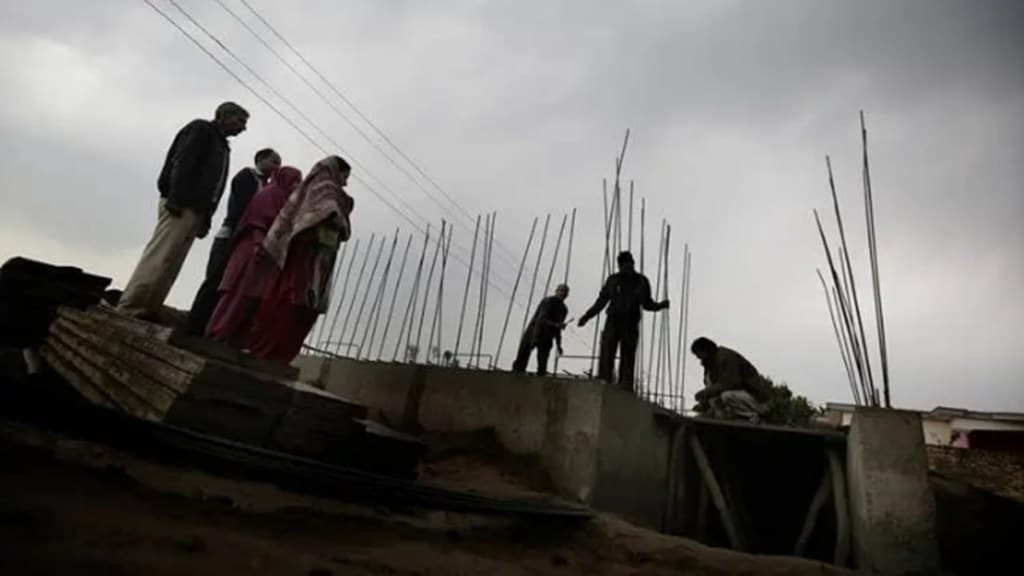In a bid to expand social security coverage, the government is working to ensure that all workers in special economic zones and industrial clusters are brought under provident fund and medical insurance schemes.
As part of the PM Gati Shakti National Master Plan, workers of both organised and unorganised sectors working in these zones will be brought under the aegis of the Employees’ Provident Fund Organisation (EPFO) and Employees’ State Insurance Corporation (ESIC).
Also read: Swiggy loss widens to Rs 3,628.9 crore in FY22
The Department for Promotion of Industry and Internal Trade and the Ministry of Labour and Employment are understood to be working on this. The DPIIT has provided a list of 268 SEZs to the Labour Ministry for conducting surveys of workers for their inclusion in the schemes. The exercise has been completed for about 31 SEZs. The EPFO has now been tasked with this exercise and to explore the possibility of covering all eligible establishments and enrolling their workers in the EPF scheme. According to official sources, it is hoped that the exercise will be completed in the remaining months of the current fiscal year.
The PM Gati Shakti NMP was launched on October 13, 2021 to provide multi-modal connectivity and also create employment facilities, especially for the youth. Ensuring that all workers in these zones have social security and insurance benefits is seen as a logical part of the move and also follows up on the government’s focus to universalise social security benefits by expanding the coverage of the EPFO.
Also read: Centre may consider raising interest equalization subsidy for MSME exporters
While SEZs in their initial years were exempt from the provisions of labour laws, they now have to follow all extant laws, experts noted.
Anshul Prakash, Partner, Employment, Labour and Benefits, Khaitan & Co noted that the central government in 2003 had relaxed the applicability of labour laws, including the EPF Act and ESI Act to the establishments situated in SEZs for a period of five years. However, the Ministry of Commerce and Industry in 2015 had clarified that the central government shall have no authority to relax any law relating to the welfare of the labour in the SEZs and hence as such, all labour laws are applicable in SEZs.
Over the past few years, SEZs and industrial clusters have been holding awareness camps for employers to enable them to include workers under the ambit of the scheme, but this is the first such comprehensive exercise taken by the government. The EPF and Miscellaneous Provisions Act ,1952 applies to establishments with 20 or more workers.
The scheme had nearly 6.8 trillion contributing members in the last one year with 0.73 contributing establishments.


